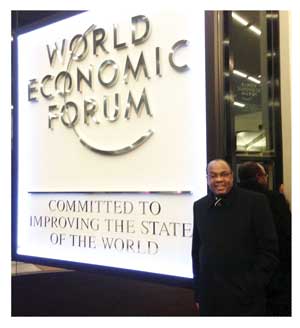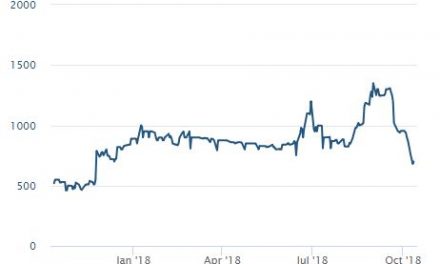
Eyewitness in Davos

Johannes !Gawaxab at the World Economic Forum that took place in Davos, Switzerland.
!Gawaxab said the forum brings together business, political, academic and other society leaders from all over the world. “It is regarded as the foremost creative force for engaging leaders in collaborative activities. Activities which, when well channelled can be focused on shaping global and regional agendas.”
“I had the privilege over the 4 days in Davos to meet and talk, amongst others, to Raila Ondinga, Prime Minister of Kenya, Dr Henry Kissinger, former US Secretary of State, Joseph Stiglitz, the American economist, and recipient of the Nobel Prize in Economics, Marissa Mayer, the CEO of YAHOO, Governors of three Central Banks and Clay Christensen, the Harvard Business School Professor best known for his innovation ideas.”
According to !Gawaxab, the meeting presented several factors that affect the global economic climate. The main issues discussed were the current eurozone fragility, the fickle financial system, the widening disparities in wealth, the persistent structural unemployment and climate change.
“The eurozone crises and the rise of China appear to be amongst the key risk areas that need scrutiny. China’s behaviour is important as its actions impact the entire world. In Africa, we need to review our relationship with China to one that is mutually beneficial. China has a clear long-term strategy for Africa which, understandably is premised on its own interests. It is time for Africa to review this relationship and approach it in a way that is a win-win for both parties.” He further purports that the structural problems facing Europe could damage the Namibian economy since Europe is one of Namibia’s main trading partners.
The technological frontier presented interesting arguments. According to !Gawaxab, “In the evolution of technology we had the internet boom era, the second wave revolved around social networks, whilst smart phones are currently experiencing an explosion. The future of technology is personalisation which will be guided by people’s daily habits. The ultimate source of growth will be technological progress.”
In conclusion he stated, “Namibia needs to focus on its structural features of competitiveness, its macro-economic policy (both fiscal and monetary), strategies to attract foreign direct investment and lastly on improving its export sector. To really focus on ensuring Namibia’s success, we need to get our education system on track. One that is supportive of our national aspiration. To do this, we need good leaders.”









































